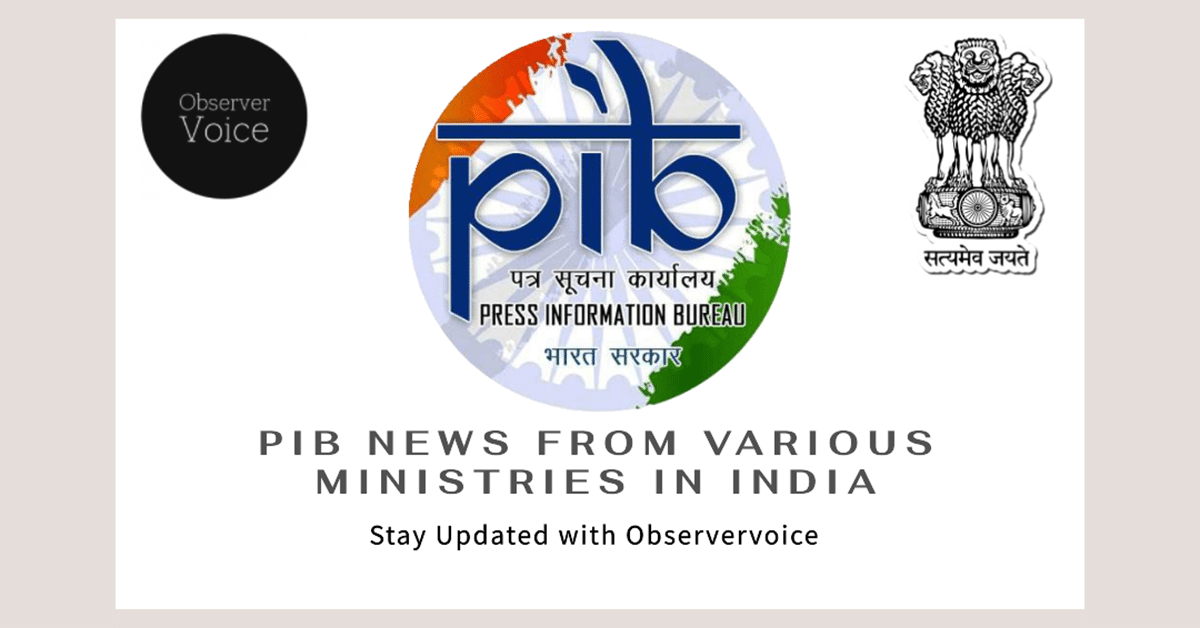India: A Thriving Startup Ecosystem

India has rapidly emerged as a powerhouse in the global startup landscape. With over 100 unicorns, it stands as the third-largest startup hub in the world. The Indian startup ecosystem is not just vast; it is also diverse, with more than 73,000 startups featuring at least one woman director. This statistic highlights the significant role women play in driving innovation and economic growth. The Startup India Initiative, launched by the government, has recognized a total of 157,066 startups, showcasing the vibrant entrepreneurial spirit that has taken root across the nation.
The Shift in Entrepreneurial Spirit
In the last decade, India has witnessed a remarkable transformation in its entrepreneurial landscape. Cities like Bengaluru, Hyderabad, Mumbai, and Delhi-NCR have become epicenters of innovation. The availability of affordable internet and a young, dynamic workforce have fueled the growth of startups across various sectors, including fintech, edtech, health-tech, and e-commerce. According to the “Indian Startup Ecosystem Report” by Startup India, startups in India have effectively utilized emerging technologies such as artificial intelligence (AI), blockchain, and the Internet of Things (IoT) to address both local and global challenges.
This culture of innovation is supported by a robust network of incubators, accelerators, and mentoring programs. These resources help bridge grassroots challenges with cutting-edge solutions. The entrepreneurial spirit is not just confined to urban areas; it is spreading to rural regions as well. Startups are increasingly focusing on solving problems that affect everyday life, thereby contributing to the overall economic development of the country.
Government Initiatives Supporting Startups
Recognizing the transformative potential of startups, the Indian government has launched several initiatives to nurture entrepreneurship. The flagship Startup India program, initiated in 2016, has been pivotal in this effort. As of December 25, 2024, the Department for Promotion of Industry and Internal Trade (DPIIT) has recognized 157,066 startups, with over 759,303 users registered on the Startup India portal.
Key features of the Startup India program include simplified compliance processes, tax exemptions for three consecutive financial years, and a dedicated Fund of Funds for Startups (FFS) with an allocation of ₹10,000 crore. These initiatives aim to reduce bureaucratic hurdles and provide financial support to early-stage startups. Additionally, sector-specific policies have been tailored to encourage growth in industries such as biotechnology, agriculture, and renewable energy.
The Bharat Startup Knowledge Access Registry (BHASKAR) is another initiative designed to enhance collaboration among stakeholders in the entrepreneurial ecosystem. This platform aims to streamline communication between startups, investors, mentors, and government bodies, fostering a more cohesive environment for innovation.
The Economic Impact of Startups
Startups have become crucial to India’s economic development. They have generated over 1.6 million jobs, showcasing their role as significant employment creators. Moreover, startups contribute directly to the GDP through innovation-driven productivity and indirectly by fostering ancillary industries. The influx of foreign investments has further solidified India’s position as a global hub for venture capital and private equity.
Additionally, startups are promoting inclusivity by addressing critical gaps in healthcare, education, and agriculture. Many rural-focused startups and social enterprises are working to improve the quality of life for millions. Companies like BYJU’S, Zomato, Ola, and Nykaa have not only made their mark in India but have also expanded their operations globally. This demonstrates India’s ability to scale and compete on the international stage.
The success of Indian-origin startups in Silicon Valley further emphasizes the country’s global influence. Indian startups are increasingly partnering with global corporations and entering international markets, showcasing their innovative solutions. With a focus on affordable technology, such as UPI and Aadhaar-enabled services, India is inspiring similar innovations worldwide.
The Future of India’s Startup Ecosystem
India’s journey toward becoming a leading startup ecosystem is driven by a combination of demographic, economic, and policy factors. The country boasts a young, educated population, a growing middle class, and increasing digital technology penetration. These elements position India for exponential growth in the startup sector.
Government-backed policies, an investor-friendly environment, and a focus on fostering innovation have established India as a global leader in startups. The collaboration between academia, industry, and policymakers ensures a sustainable and inclusive ecosystem. As India continues to innovate and export its solutions globally, it is well on its way to setting benchmarks for the global startup community. The future looks promising, with endless possibilities for growth and innovation in the Indian startup landscape.
Observer Voice is the one stop site for National, International news, Sports, Editor’s Choice, Art/culture contents, Quotes and much more. We also cover historical contents. Historical contents includes World History, Indian History, and what happened today. The website also covers Entertainment across the India and World.
Follow Us on Twitter, Instagram, Facebook, & LinkedIn

